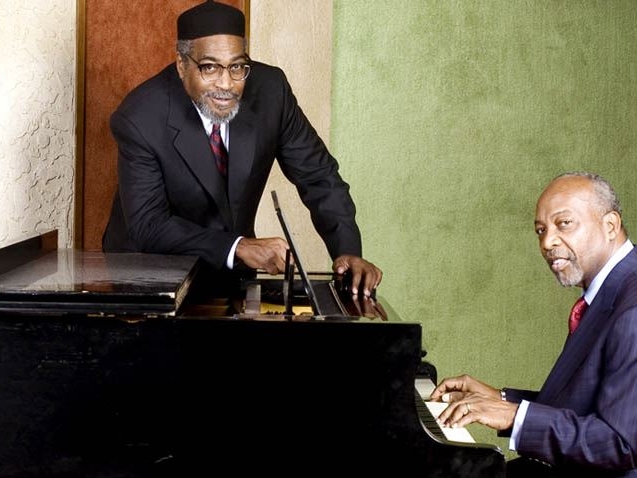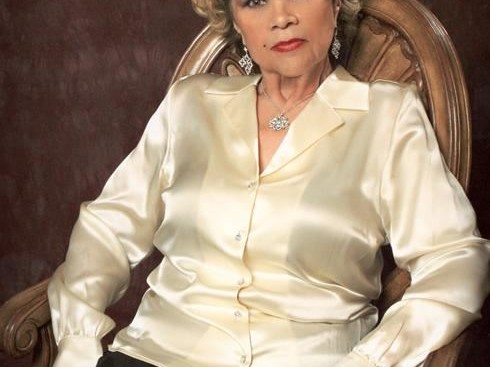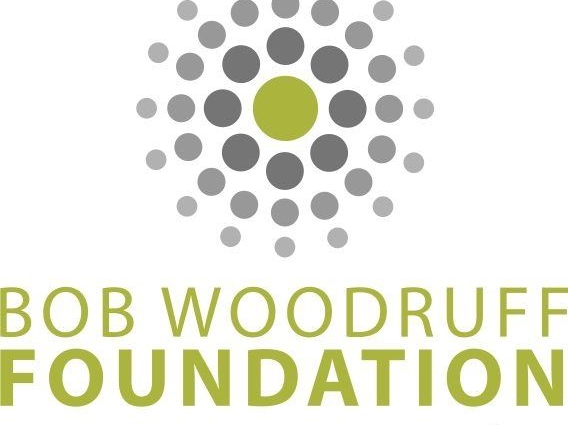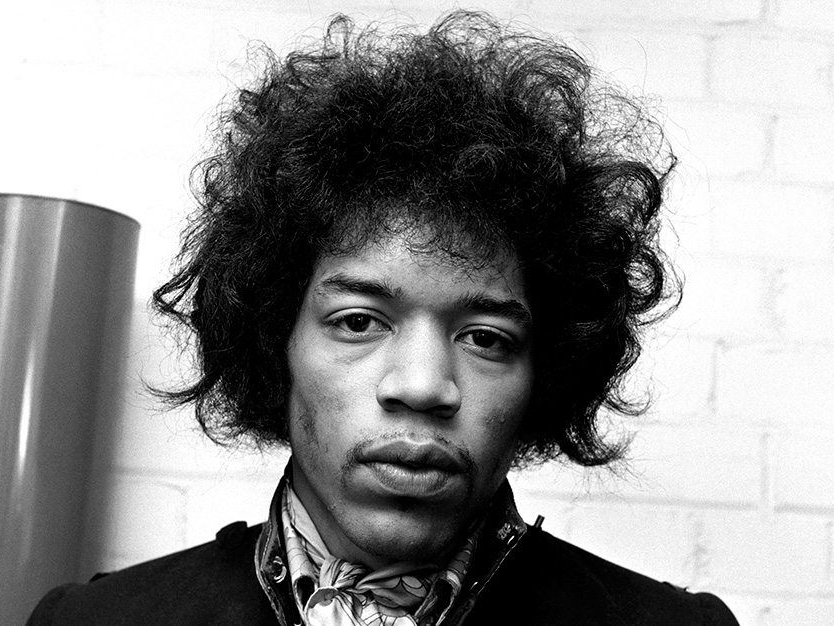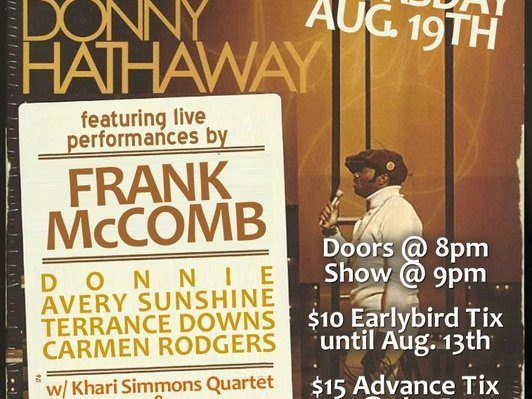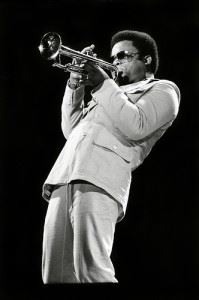
Another tremendous loss for the music community. He was extremely influential and will be remembered as such, and one whose innovative talents spanned decades.
Freddie Hubbard, the Grammy-winning jazz musician whose style influenced a generation of trumpet players and who collaborated with such greats as Ornette Coleman, John Coltrane and Sonny Rollins, died Monday, a month after suffering a heart attack. He was 70.
Hubbard died at Sherman Oaks Hospital, said his manager, fellow trumpeter David Weiss of the New Jazz Composers Octet. He had been hospitalized since suffering the heart attack a day before Thanksgiving.
A towering figure in jazz circles, Hubbard played on hundreds of recordings in a career dating to 1958, the year he arrived in New York from his hometown Indianapolis, where he had studied at the Arthur Jordan Conservatory of Music and with the Indianapolis Symphony.
Soon he had hooked up with such jazz legends as Thelonious Monk, Miles Davis, Cannonball Adderley and Coltrane.
“I met Trane at a jam session at Count Basie’s in Harlem in 1958,” he told the jazz magazine Down Beat in 1995. “He said, `Why don’t you come over and let’s try and practice a little bit together.’ I almost went crazy. I mean, here is a 20-year-old kid practicing with John Coltrane. He helped me out a lot, and we worked several jobs together.”
In his earliest recordings, which included “Open Sesame” and “Goin’ Up” for Blue Note in 1960, the influence of Davis and others on Hubbard is obvious, Weiss said. But within a couple years he would develop a style all his own, one that would influence generations of musicians, including Wynton Marsalis.
“He influenced all the trumpet players that came after him,” Marsalis told The Associated Press earlier this year. “Certainly I listened to him a lot. … We all listened to him. He has a big sound and a great sense of rhythm and time and really the hallmark of his playing is an exuberance. His playing is exuberant.”
“Desert Moonlight”
Hubbard played on more than 300 recordings, including his own albums and those of scores of other artists. He won his Grammy in 1972 for best jazz performance by a group for the album “First Light.”
As a young musician, Hubbard became revered among his peers for a fiery, blazing style that allowed him to hit notes higher and faster than just about anyone else with a horn. As age and infirmity began to slow that style, he switched to a softer, melodic style and played a flugelhorn. His fellow musicians were still impressed.
“The sound he gets on just one note. I know he does all the flashy stuff and the high stuff and it’s all great but … he’d play `Body and Soul’ on the flugelhorn and it was just that much better again than everyone around him,” trumpeter Chris Botti said in an interview earlier this year.
RELATED POSTS
December 30, 2010
Philly Music Tribute
August 2, 2010
James Jamerson-Tribute
January 21, 2012
Etta James: 1938-2012
May 25, 2009
Memorial Day Tribute
September 18, 2010

